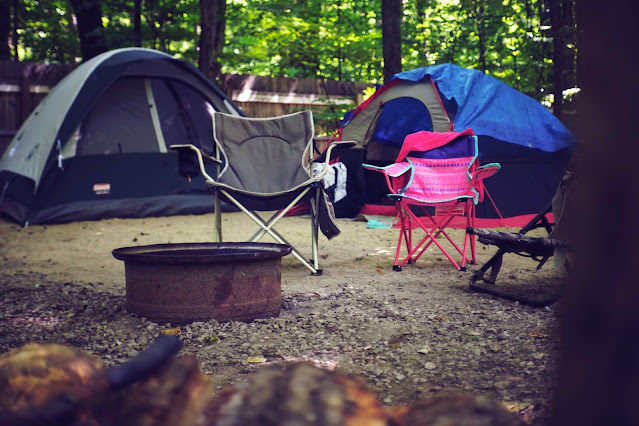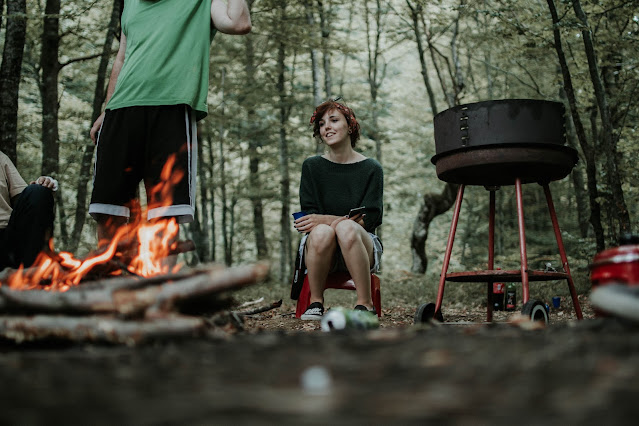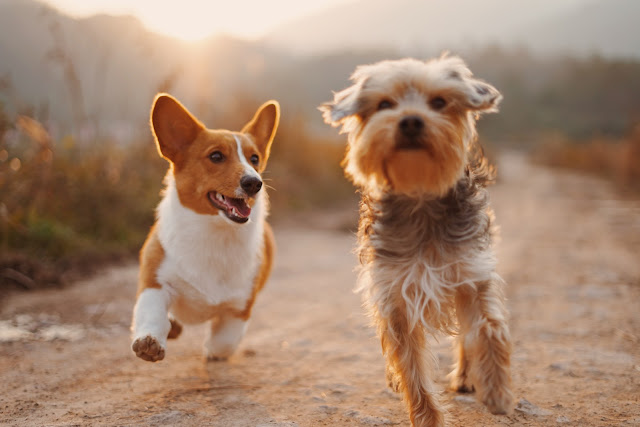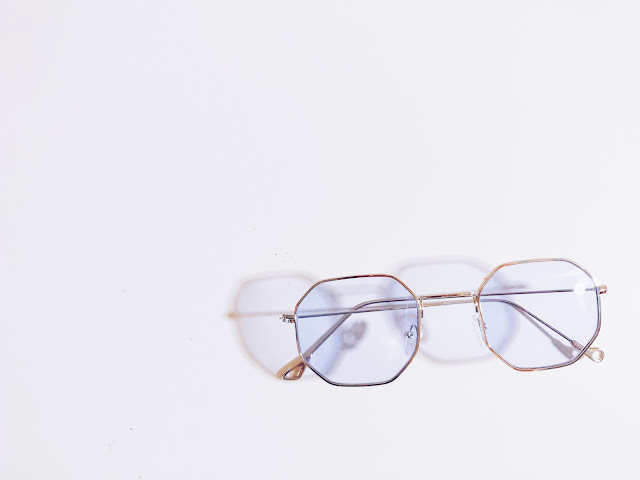If you are new to camping, you should know a few things before you go. You should know what to bring and how to be healthy and safe if you want to make the most of your time in the woods.
Make a packing list.
If you want to be sure that you are prepared for your vacation, you must consult a guide to camping in Iceland. Numerous necessities, such as food, tools, and hobbies. You may have to pack for four days or a month, so keep in mind that you will need to be prepared for any eventuality.
The most important thing to remember is that you'll need to do some research before making a good list. The weather and the topography at the location are two of the most crucial aspects to take into account. It will determine the type of gear and equipment you need to bring.
A first aid kit is one of the most valuable items to bring along. It is a must for any long journey, especially when traveling with kids. Be sure to pack an emergency blanket, which can easily fit in the pockets of your spare jeans.
To make the most of your camping trip, consider bringing a few extra bags, which can help to keep things organized. Another way to keep things neat is to pack everything in a waterproof pouch.
Keep your campsite clean.
When you are going on a camping trip, one of the best things you can do is to keep your campsite clean. It helps not only your hygiene but also the environment. If you want to keep your camp clean, there are several simple rules that you can follow.
The first thing you should do is make sure you clean up before you leave. Make sure you dispose of any leftover food and trash. Clean the dishes you use throughout the day. Use biodegradable dish soap to wash your dishes.
Before leaving, you should also set up trash and recycle bags. It will prevent any extra cleaning stress.
You should also remove unnecessary packaging from your camping gear. These include plastic wrappers for fruits and vegetables. Instead, pack reusable kitchen items such as plates and knives.
Another way to keep your campsite clean is to use a tarp. Tarps are good because they are lightweight and quick to dry. They also are heat-resistant and prevent dirt from coming back up.
Leaving a dirty site can attract critters and insects. To keep a clean campsite, you should do a thorough job of cleaning your equipment.
Stay hygienic in the woods.
If you plan a camping trip, you'll need to take a few precautions to stay healthy. You don't want to get sick from contaminated food and water. Good hygiene will help keep you healthy and lead to a cleaner environment.
Some tips for staying hygienic include using insect repellent. It can help you avoid getting attacked by bugs and protect you from wildlife.
Another way to stay hygienic is to wash your hands after you use the bathroom. Having clean hands will help you keep your body smelling good. For women, this can mean using a feminine product.
While you're at it, make sure to pack a small plastic bag for toilet paper. Also, you'll need a toothbrush. A small brush will allow you to brush your teeth without ripping off your nail.
Keeping your fingernails clipped will prevent your food from smearing on your nails. Using a hand sanitizer will also help you keep your hands germ-free.
Other tips to help you stay hygienic while on the trail include putting an eight-inch hole in the ground for pooping. It's best to do this in a sunny spot and 70 steps from a nearby water source.
Keep your campsite safe from wildfires.
Campfires are a fun part of camping, but they can cause severe damage if not properly maintained. Whether camping in a national forest or at a state park, they were keeping your campsite safe from wildfires is essential.
Fires can start unexpectedly and travel quickly. Humans, power, and lightning cause them. You are liable if you drive one. You should leave immediately if you see a fire or suspect someone is starting a wildfire.
Most campgrounds put signs up that warn of fire danger. These signs may change depending on the weather and fire situation. It is also essential to check with rangers to determine your safety in a particular area.
If you must set up camp, do so in an area that is not prone to fires. Avoid driving in tall, dry vegetation; always carry a working fire extinguisher.
Never leave your campfire unattended for even a few minutes. If you do, make sure to call the National Fire Information Center.
Don't use glass or aluminum cans. The fumes can be harmful to your health.
Plan a trip with an experienced camper
When planning a trip, you want to make sure you do it safely. Luckily, the right combination of equipment and preparation will help keep you safe and sound. The key is to plan your trip based on your family's specific needs. For example, if you have young kids, you'll need to plan a journey with plenty of rest and play. To ensure your family's safety, you should also consider where you are going.
Of course, the right vehicle will help, as will a well-thought-out route map. Ensure you have adequate supplies for your family's anticipated stay in the wild. Keeping a backup plan in case your car breaks down is essential, as is checking the weather before your trip. And, if you can leave your vehicle at home, you can spend your free time exploring the local sights and sounds.
Getting out of town for a weekend or two can be a pleasant experience if you take suitable precautions. Make sure you pack the appropriate attire and food for your destination, and remember the all-important toilet paper. Lastly, remember to pick up garbage and waste along the way.









